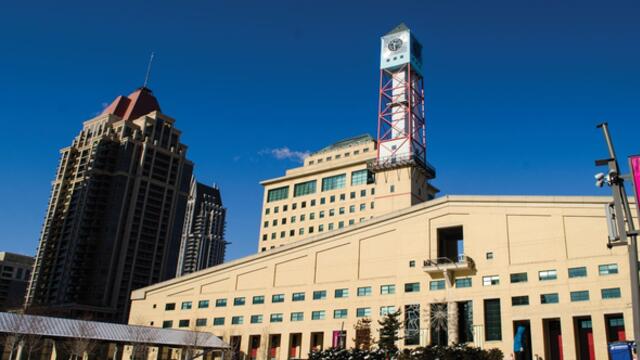Mississauga is considering several new taxes to generate revenue
Published June 24, 2021 at 6:27 pm

Mississauga is considering several new taxes to generate revenue without digging too deeply into the pockets of ratepayers.
While councillors were initially presented with a report that looked at taxation methods that would need Provincial approval, they took a step back and will now consider those that can be more easily implemented locally.
The City is looking at new taxation methods to raise funds outside of traditional methods such as property taxes and user fees. The funds could be used for infrastructure and repair programs.
These new avenues include taxation on vacant homes, an incremental property tax, landfill levy, land value capture/tax increment financing, and encroachment tax.
These options will be considered when the City starts taking a hard look at its next budget in the fall.
The approach was put forward by Ward 5 Councillor Carolyn Parrish who said, if implemented, it could add an extra $10-$15 million to City coffers without going after the average taxpayer.
“This is like low-hanging fruit, things that we can easily go after,” said Parrish. “It doesn’t really affect individual homeowners except those who leave houses empty to appreciate in value. These are the ones that won’t hurt anybody.”
Aside from the vacant home tax, which is self-explanatory, and the landfill levy, which would increase tax based on the amount of waste produced, the other taxation methods are little more complicated.
An incremental property tax is a special levy used to raise funds for specific municipal projects.
According to the report, land value capture is the capturing of increased valuations as a result of municipal infrastructure investments, usually through onetime or annual special assessments. Tax increment financing takes this one step further and borrows against future value increases to build the infrastructure that will generate the increase in value.
An encroachment tax would allow the City to collect funds on anything that encroaches onto municipal property. Parrish pointed out that cellphone towers fall into this category.
The report also outlined the benefits of a land transfer tax and taxes on tobacco and alcohol but councillors backed away from these moves.
Parrish said a land transfer tax would need approval from the Ontario government and would be improbable to achieve considering its unpopularity and the fact there will be a provincial election next year.
She said if the City did push for a land transfer tax it would likely need other municipalities to get on board for it to be considered by Queen’s Park.
Still, she pointed out a land transfer tax could generate more than $75 million annually for the City.
Currently only Toronto has a land transfer tax.
insauga's Editorial Standards and Policies advertising






